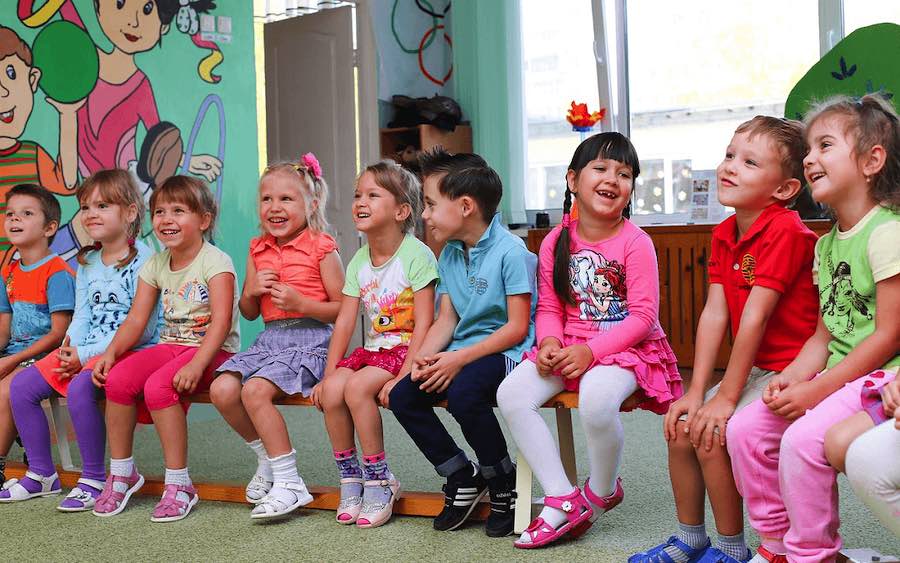
Teachers Talking Points Checklist for Parent-Teacher Conferences
Preparation is the key to a successful parent-teacher conference. Preparing beforehand what topics you will discuss and what work samples you will share with parents will lead to a more productive and less stressful conference for everyone involved.
To prepare for parent-teacher conferences, compile a list of general topics you want to cover in each conference. Then, fill in the details for each student. Include academic, behavioral, and social-emotional progress and challenges on each student’s list.
ACADEMIC SKILLS AND TOPICS
Think about the following questions regarding the curriculum you are teaching this school year and the ways students are assessed.
- What are students in your class expected to know now?
- What are students expected to learn this school year?
- How is each student progressing toward these goals?
- What are each student’s strongest and weakest subject areas?
- How do you evaluate and assess students in your class?
On your list, include the major curriculum goals in each subject area.
- Reading
- Language Arts
- Math
- Science
- Social Studies
- Other
Parents may also have questions about standardized testing. Be prepared with answers to the following questions.
- What types of tests and assessments will my child take this school year?
- How is my child being prepared for these tests?
- Does my child have satisfactory test-taking skills?
STUDENT PORTFOLIOS
Many parents want to see examples of their child’s work. According to the Harvard Family Research Project, teachers should:
Discuss progress and growth. Starting with the positive, let families know about their child’s ability level in different subjects and in relationship to his or her peers. Help families understand student data to demonstrate progress against learning goals and to identify areas that need to be addressed.
To organize examples of each student’s work, create portfolios. Gather standardized test results, assessments, classwork samples, homework samples, project samples, and writing samples. Be sure to include work samples that show strengths as well as work samples that show challenges. Place these examples in a folder labeled with the student’s name, and mark each sample with a sticky note describing what the sample shows. The Harvard Family Research Project also suggests that teachers “walk parents through the assignments and assessments that are particularly demonstrative of the student’s progress and abilities.” If desired, allow parents to take home some or all of the portfolio contents.
SOCIAL-EMOTIONAL AND BEHAVIORAL TOPICS AND MILESTONES
During parent-teacher conferences, teachers should also provide an overview of each student’s social-emotional and behavioral progress and challenges. Among other things, parents want to know how their children behave when they are at school, whether they seem happy, and how they get along with other children and adults.
Just as you thought through the major curriculum goals in each subject area, you should also review the major social-emotional and behavioral topics and milestones for each student. Depending on the age and grade level of students, this list may include the following.
- Social Skills with Friends and Teachers
- Class and Group Participation
- Level of Happiness at School
- Using Manners
- Listening Skills
- Being Polite
- Being Considerate
- Being Respectful
- Sharing
- Taking Turns
- Using Appropriate Words
- Using Appropriate Touch
- Using Good Hygiene
- Other Behaviors
GENERAL TIPS
Here are some general tips for successful parent-teacher conferences.
- Teacher Vision recommends, “If you are sharing some negative information with parents, be sure you “sandwich” it. Begin with some positive information, then share the negative information, and conclude with another piece of positive information.”
- Provide specific examples rather than generalities. Parents want to know that you know their child.
- Provide a resource and information sheet for parents. This might include lists of afterschool clubs and sports, ways parents can support their child at home, reading strategies, math tips, fiction and nonfiction books, local social service agencies, tutors at the school or in your area, websites for homework help, etc.
- According to Elena Aguilar, “All behaviors can change given the right conditions. If you want to see changes and have concerns about a student, be prepared to offer specific, actionable solutions.”
Want some more tips? We’ve got 7 of them!





